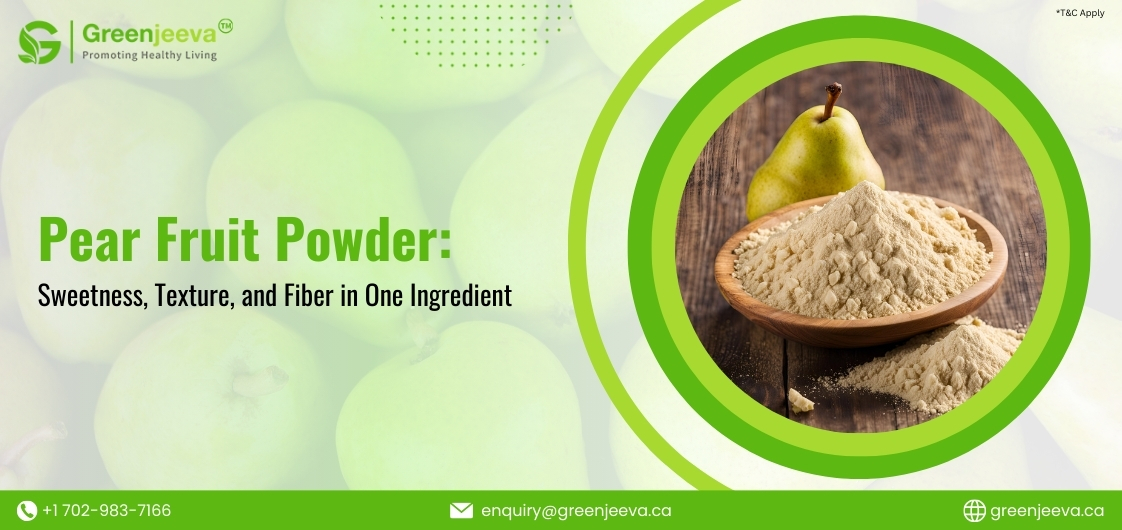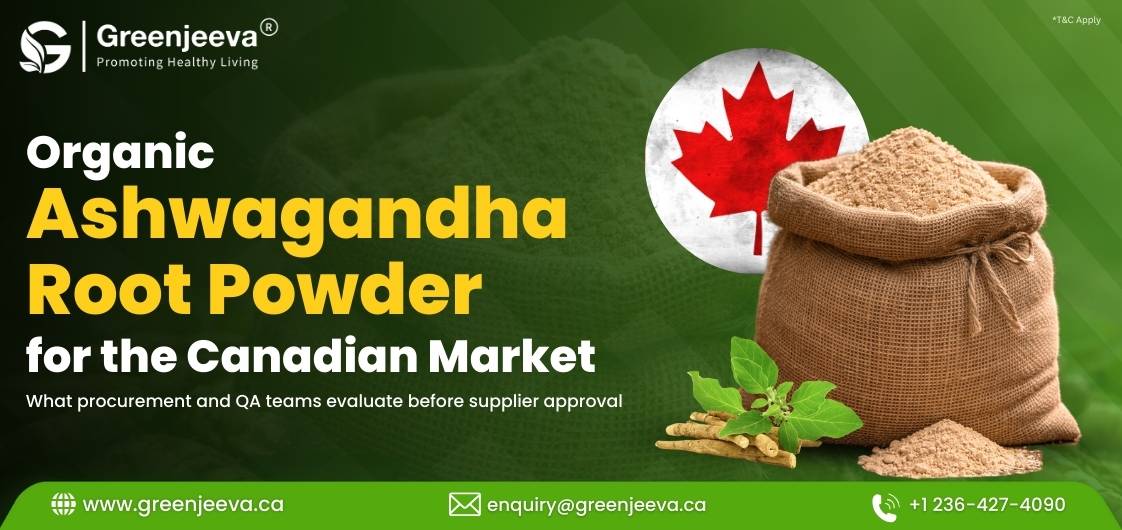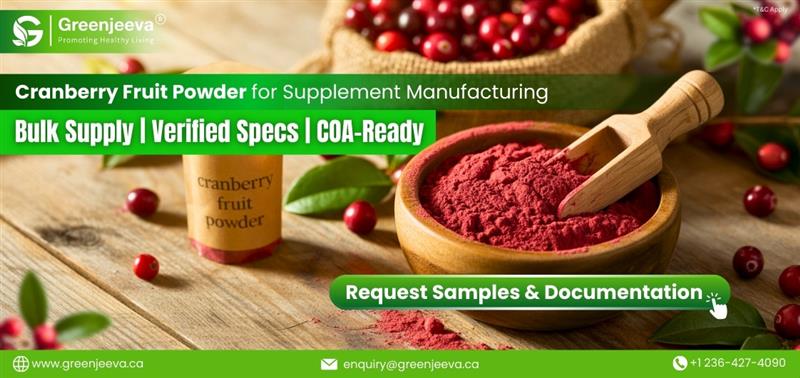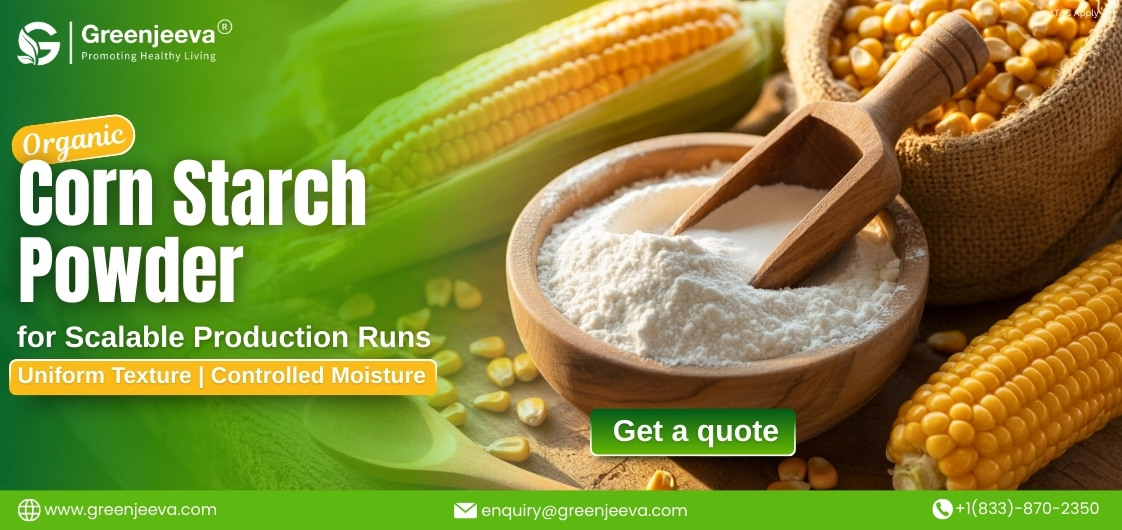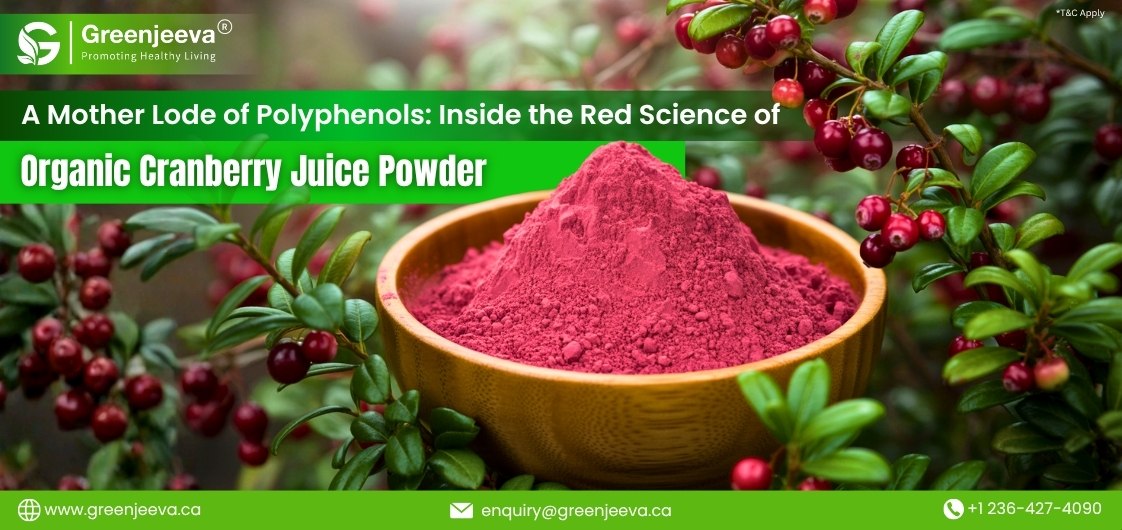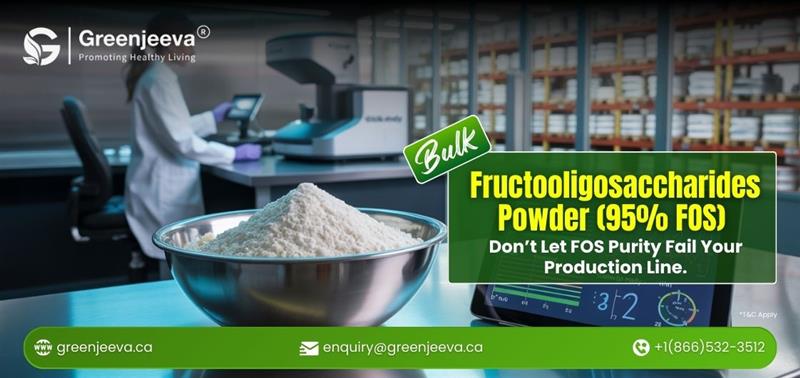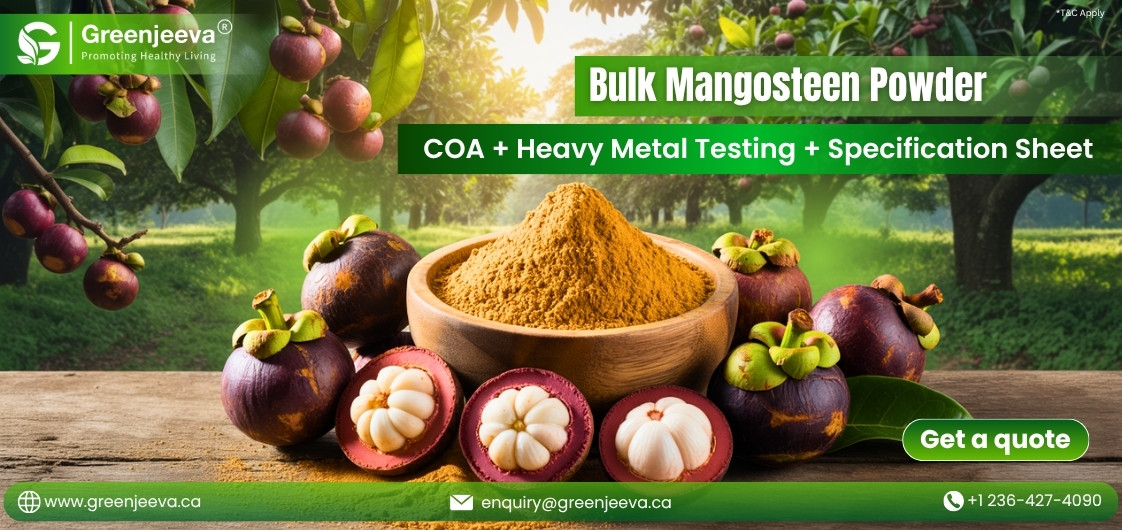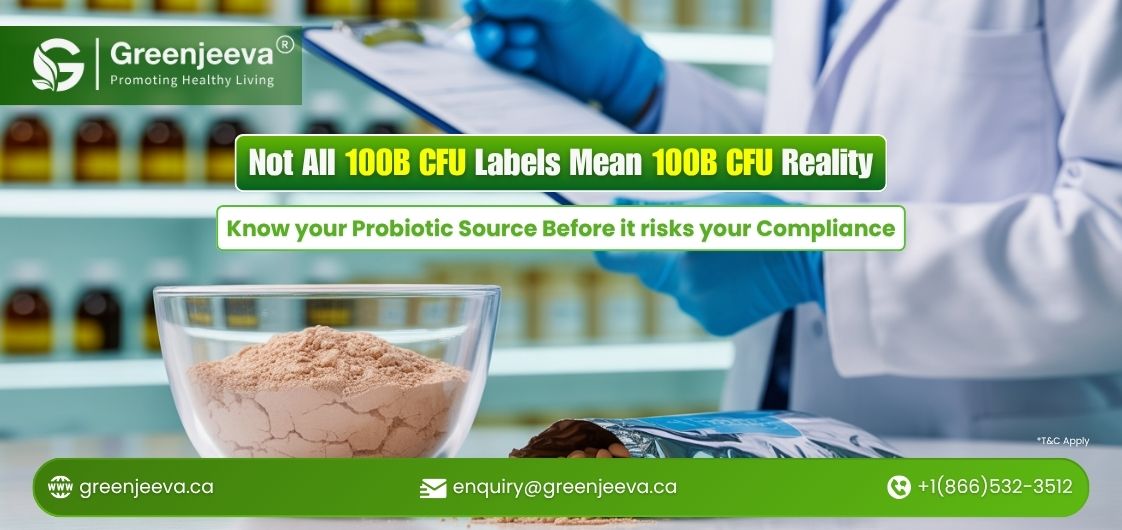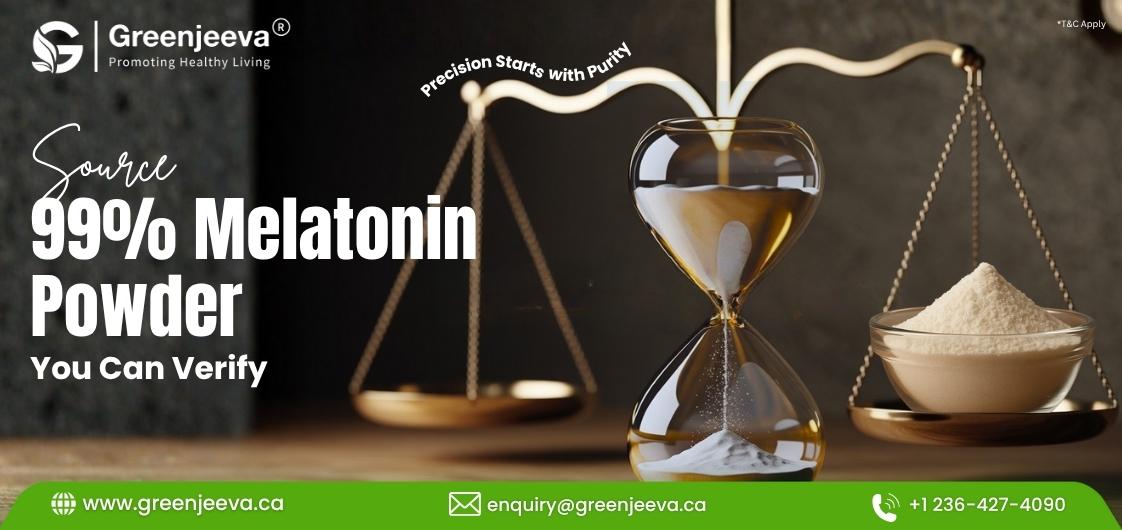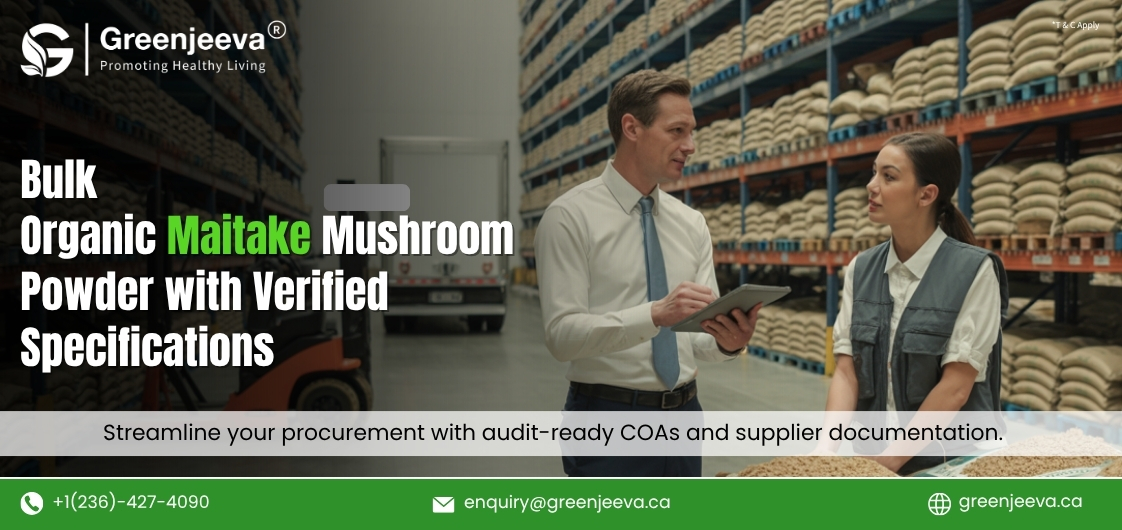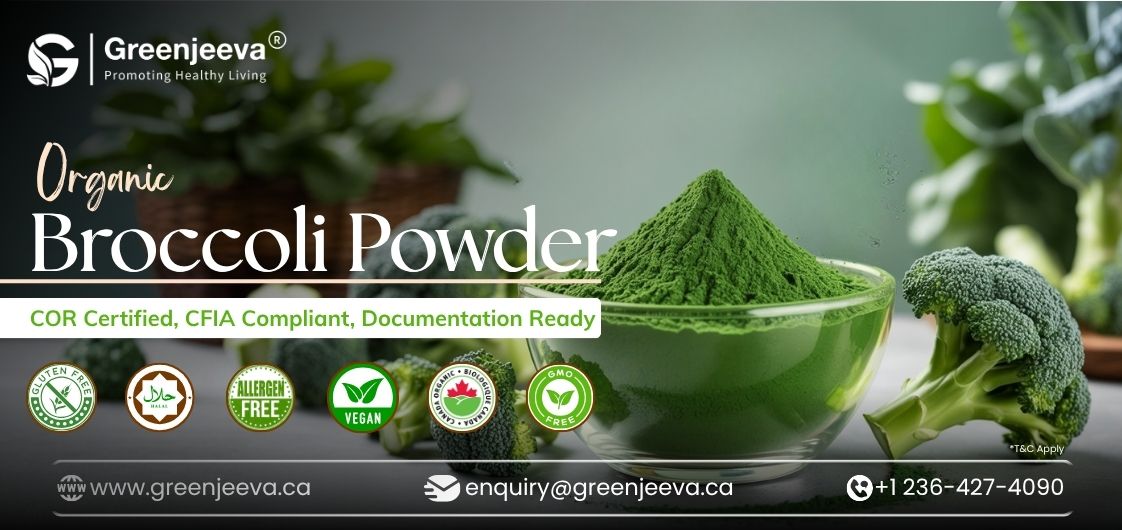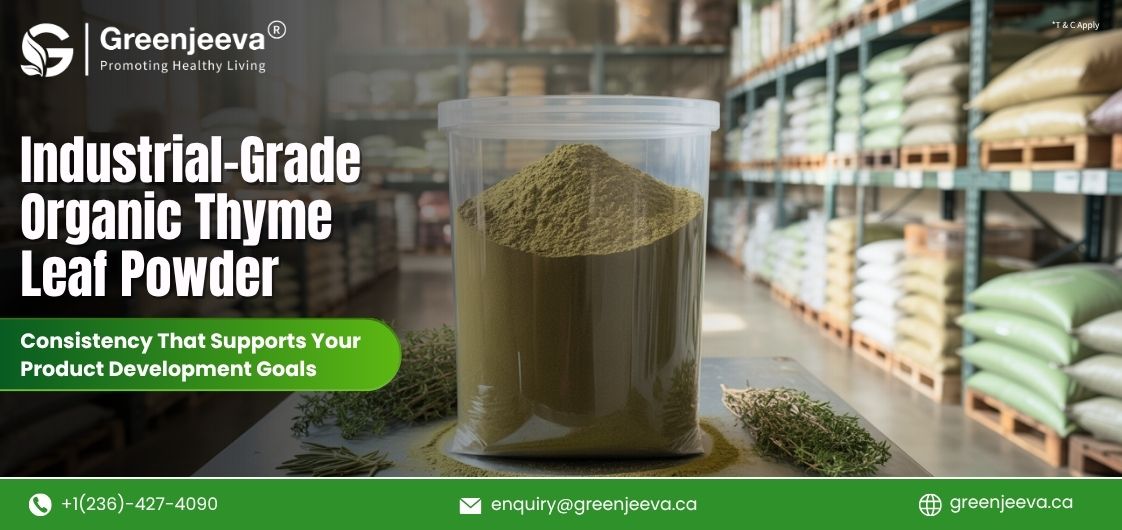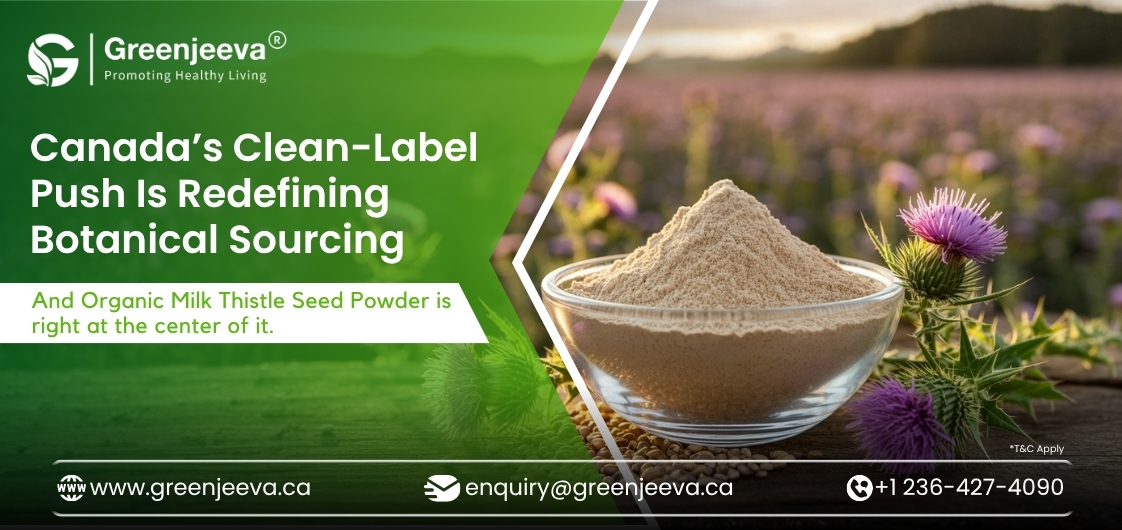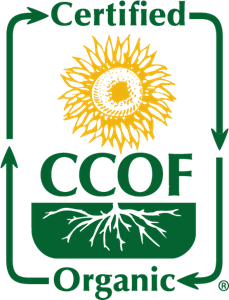Pear fruit powder, a nutrient-rich and versatile ingredient, is gaining attention for its multiple applications in processed foods. From acting as a natural sweetener to enhancing texture and boosting fiber content, pear fruit offers a unique solution to several industry challenges.
Pear Powder as a Natural Sweetener
With the increasing global focus on reducing sugar intake, manufacturers are seeking natural alternatives to sweeten food products without compromising taste. Pear fruit powder provides an excellent solution. Made from ripe pears, it retains the fruit’s natural sugars, delivering sweetness without added refined sugars. This makes it ideal for sugar reduction strategies in products like baked goods, beverages, and sauces.
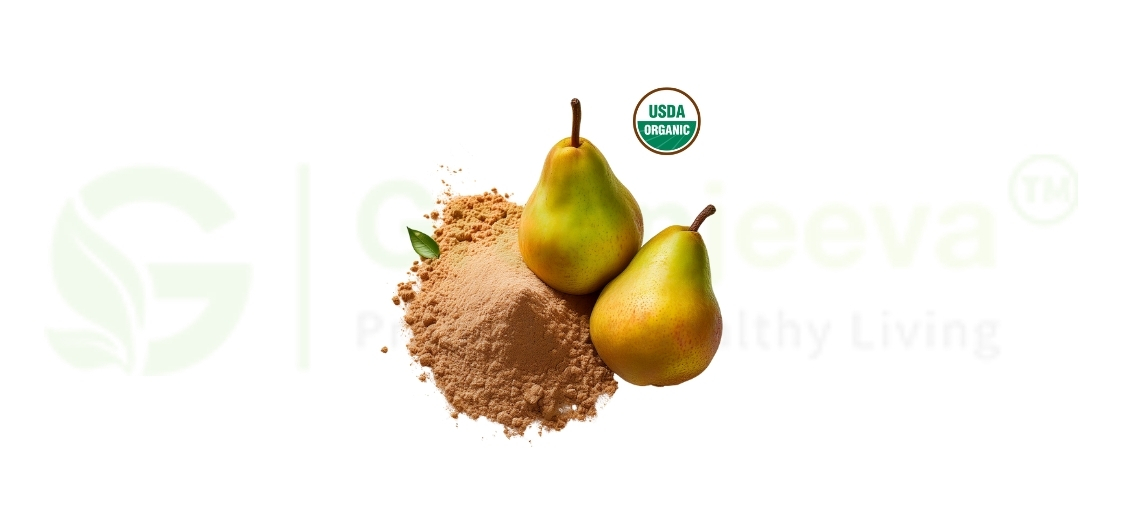
According to a report by the World Health Organization, global sugar consumption is expected to decrease by 5-10% as governments introduce stricter regulations. This trend opens doors for natural sweeteners, with pear fruit powder becoming an increasingly popular option. For instance, replacing refined sugars with pear powder can reduce the overall glycemic index of products while maintaining a desirable taste profile.
Boosting Fiber Content in Processed Foods
As more consumers seek high-fiber diets for digestive health, food manufacturers are looking to fortify their products with fiber-rich ingredients. Pear fruit powder, especially when made from freeze-dried pears, offers a natural way to boost fiber content in a wide range of processed foods, from cereals and snack bars to smoothies and meal replacements.
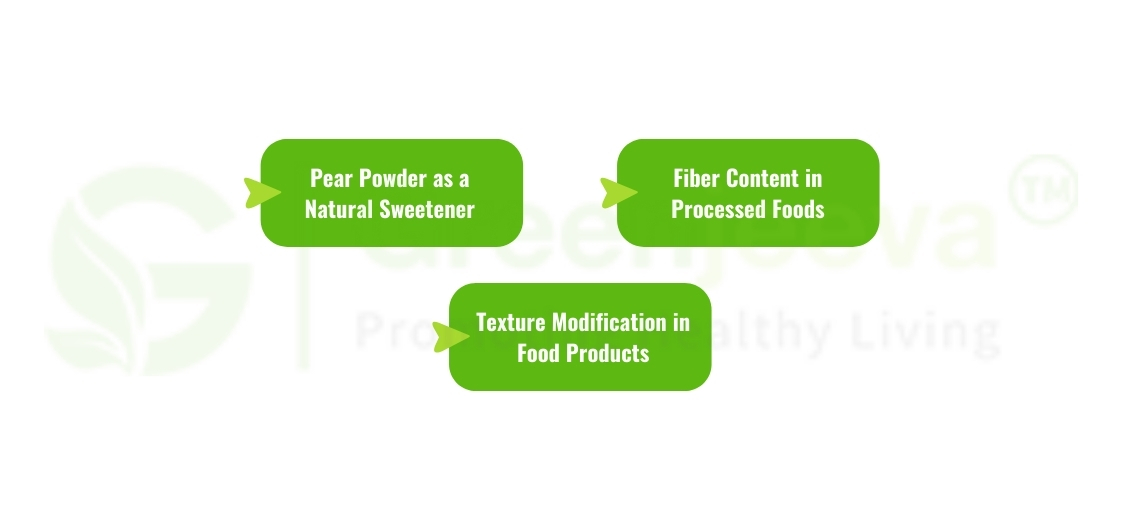
A study from the National Institutes of Health highlighted that over 90% of Americans do not meet the recommended daily fiber intake, signaling a growing market for fiber-enriched products. Adding pear powder to formulations not only improves the nutritional profile but also enhances the product’s appeal to health-conscious consumers.
Texture Modification in Food Products
Beyond its sweetening properties, pear fruit powder is also effective in modifying the texture of food products. It can act as a binding agent, stabilizer, or even a thickener in a variety of processed foods, such as sauces, dressings, and bakery products. Its natural fiber content and pectin levels contribute to the creation of smooth, consistent textures without the need for synthetic additives.
Pear fruit powder can improve mouthfeel and texture, which are essential for consumer satisfaction. For example, when used in bakery products, it provides a tender crumb structure while enhancing moisture retention, leading to longer shelf life. These qualities make it an attractive ingredient for clean-label products that prioritize both texture and taste.
Conclusion:
Pear fruit powder stands out as a versatile and functional ingredient that addresses several key challenges faced by food and beverage manufacturers today. Its natural sweetness helps reduce the need for refined sugars, aligning with the global push toward healthier diets. Its fiber content not only boosts the nutritional profile of processed foods but also appeals to the growing demand for digestive health solutions. Additionally, its ability to modify texture naturally enhances product quality without the need for synthetic additives.
As consumers increasingly seek clean-label, nutrient-dense products, incorporating pear fruit powder into formulations provides manufacturers with a competitive edge. Whether you’re looking to improve taste, texture, or nutritional content, pear fruit powder offers a multifaceted solution to meet modern consumer expectations while driving innovation in the food industry.
**The Food and Drug Administration has not evaluated these statements. This product is not intended to diagnose, treat, cure, or prevent any disease.**


